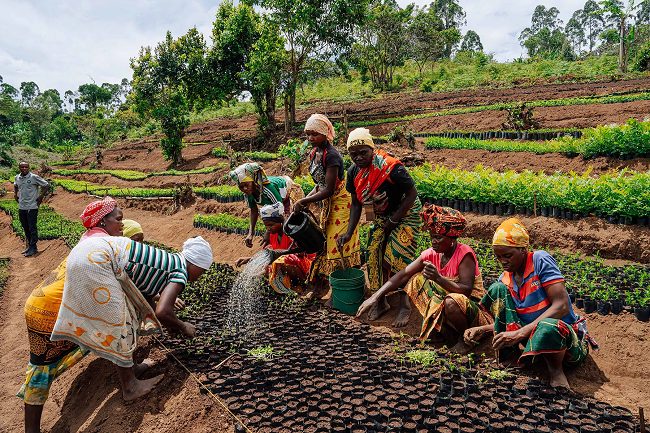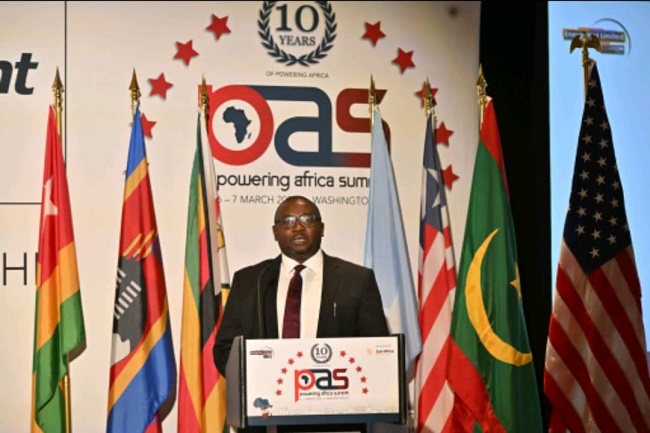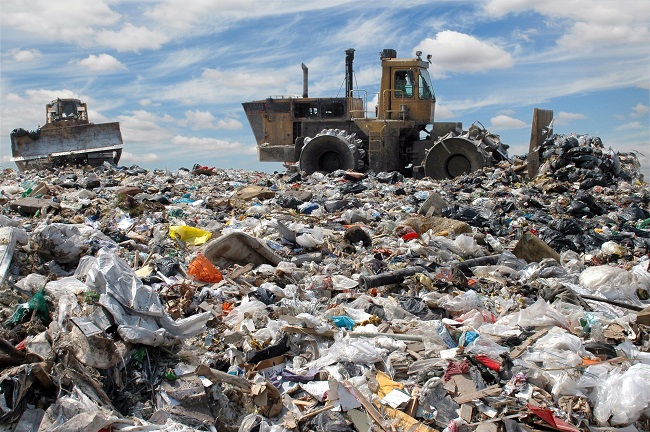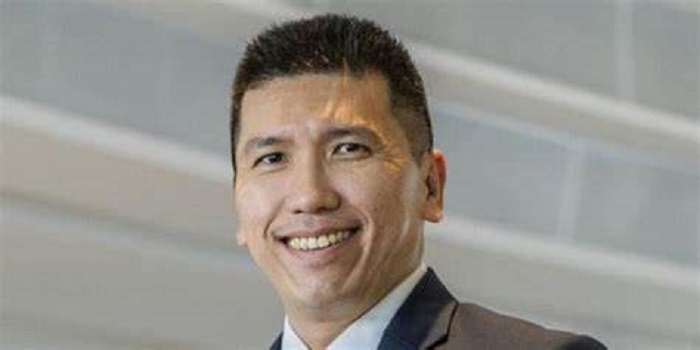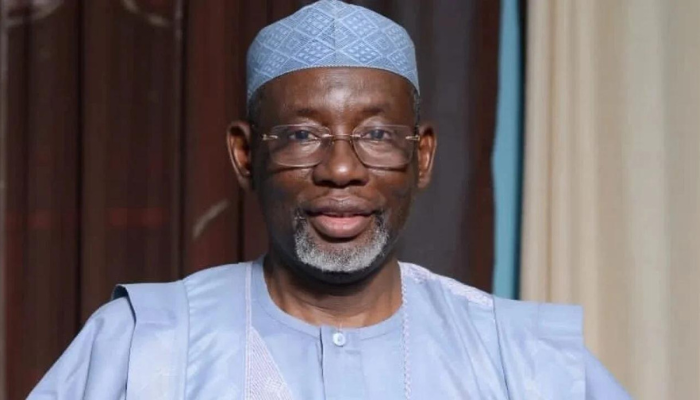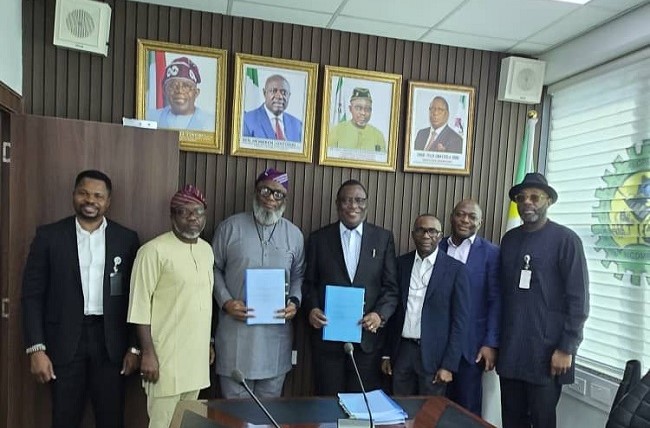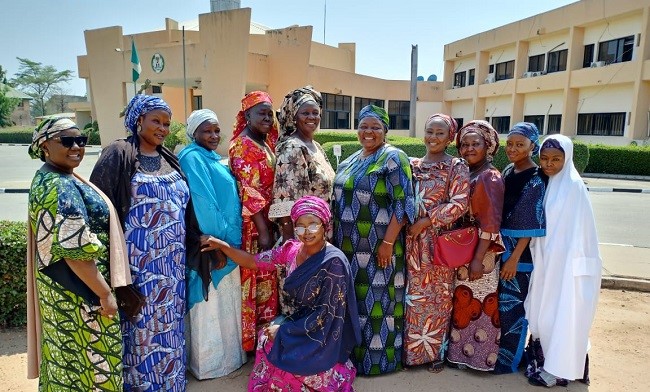The Beijing Declaration and Platform for Action (BDPA), adopted on Sept. 15, 1995, at the Fourth World Conference on Women in Beijing, China, aims to advance gender equality and empower women globally.
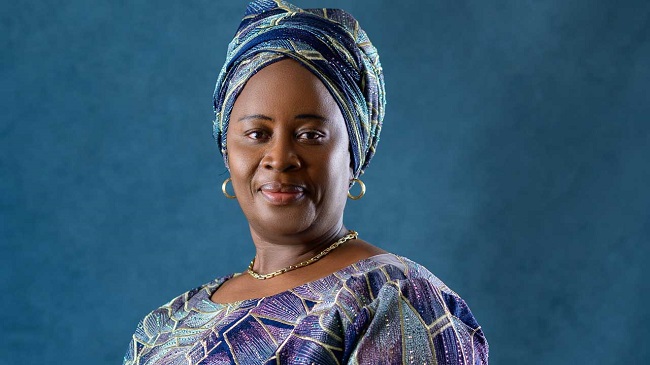
Key areas of focus include promoting women’s economic empowerment, eliminating violence against women, increasing female leadership, and protecting the rights of the girl child.
The declaration emphasises the need to strengthen institutions promoting gender equality, with the goal of creating a more inclusive and just society.
Countries are expected to implement and follow up on these commitments to achieve the outlined objectives.
The United Nations Commission on the Status of Women (CSW) monitors progress and provides guidance.
Signed by 189 governments, Nigeria is a signatory to the BDPA and has committed to implementing its provisions.
Through various policies, programmes, and institutional mechanisms such as the National Agency for the Prohibition of Trafficking in Persons (NAPTIP) and the Ministry of Women Affairs, Nigeria has shown a commitment to promoting gender equality and women’s empowerment.
Nigeria is also required to submit regular reports to the United Nations CSW on its progress in implementing the BDPA.
Thirty years after the adoption of the BDPA, Nigeria, along with other countries, presented its achievements, challenges, and proposed actions to accelerate implementation at the 69th CSW in New York.
Experts and relevant stakeholders have recognised Nigeria’s progress in certain areas, such as increasing access to education for girls and promoting women’s participation in politics.
However, they have also pointed out that Nigeria still faces significant challenges, including high levels of violence against women, limited access to healthcare and economic opportunities, and persistent gender-based discrimination.
Hajiya Imaan Sulaiman-Ibrahim, Minister of Women Affairs, while marking the 2025 International Women’s Day (IWD), highlighted the harsh realities faced by women and girls in Nigeria.
She also pointed to several notable policies aimed at achieving the goals of the BDPA.
According to her, the IWD celebration serves as a critical moment to propel gender equality into tangible progress and to rally for bold action to break barriers, close gaps, and empower Nigerian women and girls.
“While Nigeria has made significant progress in enacting gender-responsive laws such as the Violence Against Persons (Prohibition) Act (VAPP) and the Child Rights Act, full implementation remains a challenge.
“As of today, 35 states have domesticated the VAPP Act, while 34 states have adopted the Child Rights Act.
“While this is a step in the right direction, we need full compliance, effective enforcement, and accountability to ensure that the rights enshrined in these laws become a lived reality for every Nigerian woman and girl,” she said.
The minister also acknowledged that women drive Nigeria’s informal economy, owning 41 per cent of Micro, Small, and Medium Enterprises (MSMEs).
“However, barriers such as limited access to finance, markets, and digital literacy hinder their ability to scale their businesses.”
To address this, she mentioned that 4.5 million women nationwide will be supported to bridge this gap, while 500,000 women will benefit from skills development under the MOWA-SARA initiative, supported by WEMA Bank.
Regarding women’s political representation and leadership, she noted that in the 10th National Assembly, only four out of 109 Senators and 17 out of 360 House of Representatives members are women, with 15 states lacking any female representation.
“This stark imbalance is not reflective of a progressive democracy. We must accelerate efforts toward political inclusion, ensuring that women have a seat at the table in governance and development,” she said.
Emphasising the need for accelerated action to create a more inclusive and equitable society, she urged all stakeholders to strengthen their commitment to tackling the challenges hindering the full potential of Nigerian women and girls.
Also, Mrs. Beatrice Eyong, UN Women Representative to Nigeria and ECOWAS, noted Nigeria’s progress, particularly in women’s political participation over the past three decades.
She commended the increasing confidence of political parties in including women on electoral lists, while also acknowledging the emerging challenges that require collective action for transformative change.
She emphasised that the consultation was vital for ensuring that Nigeria’s national report for CSW 69 reflected the realities of women and girls across the country.
Similarly, Dr Felicia Onibon, International Lead Consultant, presented Nigeria’s Draft BPfA+30, which showed progress in implementing the BPfA over the past 30 years, particularly focusing on the last five years (2020–2025).
Onibon highlighted significant strides, including the development of two laws and the strengthening of two others under the Spotlight Initiative in Nigeria.
She also noted that 99,985 girls and boys had been reached through in-school interventions, with additional outreach to 82,852 out-of-school youths.
“Furthermore, 16,725,584 voices were amplified in communities against gender-based violence (GBV) and harmful practices.”
Onibon stresses the need to identify gaps and recommends that the Federal Ministry of Women Affairs continue collaborating with international development agencies, local partners, and relevant government institutions to accelerate progress.
Other stakeholders echoed the need for stronger policies, increased funding, and enhanced advocacy to tackle issues such as gender-based violence, economic empowerment, political participation, and access to education for women and girls.
Dr Joy Shu’aibu, Sightsavers Country Director, also called for urgent action to improve women’s access to employment, particularly for those with disabilities who face multiple barriers to financial independence.
“In Nigeria, the gender gap in employment is 8.4 per cent. Lack of access to resources and workplace barriers continue to exclude millions of women, particularly those with disabilities, from economic opportunities,” she said.
She urged global leaders attending the 69th session of the Commission on the Status of Women (CSW69) to commit to disability-inclusive approaches.
She emphasised that such approaches could unlock billions in economic potential.
Additionally, she highlighted that these efforts would contribute to advancing gender equality, ensuring that the rights and opportunities for all women, including those with disabilities, are fully realised.
Similarly, the League of Women Voters of Nigeria, in collaboration with the Nigeria Association of Women Journalists (NAWOJ), initiated the “Her Seat in Parliament and Governance” campaign.
The campaign aims to increase women’s participation in governance and decision-making across Nigeria.
In partnership with the Institute for Peace and Conflict Resolution (IPCR), the initiative seeks to create more opportunities for women to engage in leadership roles and influence policy decisions at all levels of government.
Hajiya Aisha Ibrahim, NAWOJ National President, emphasised that women in Nigeria have long been underrepresented in the legislative system.
Mrs. Chizoba Ogbeche, National Vice President of NAWOJ Zone D, said the association was campaigning for more seats to influence policies that affect women and other vulnerable groups.
Miss Grace Sim-Auta, Coordinator of the Gender Unit at Hope For Village Child Foundation, emphasised the need for collaboration among key stakeholders in Nigeria.
She called for joint efforts between the Nigerian government, NGOs, and civil society organisations to tackle the challenges faced by women and girls.
Additionally, she highlighted the importance of involving the private sector in these efforts, stressing that a collective approach was essential for addressing the multifaceted issues impacting women and girls across the country.
She stressed the importance of promoting access to education, economic opportunities, and the representation of women in leadership positions.
As Nigeria celebrates International Women’s Day 2025, it is evident that while progress has been made, significant challenges remain.
To achieve true gender equality and empowerment for women and girls, Nigeria must continue working towards creating a society that values and supports the contributions of all its citizens, regardless of gender.
By Justina Auta, News Agency of Nigeria (NAN)


